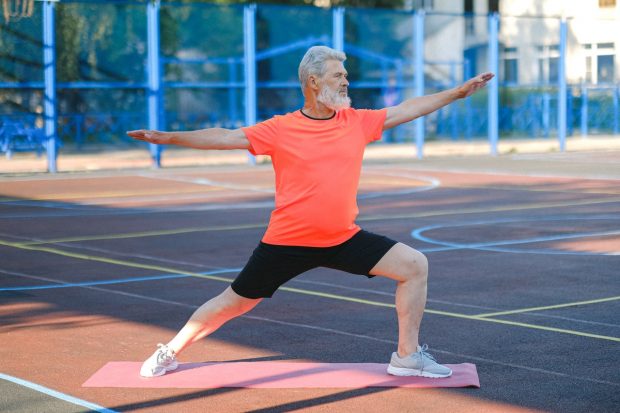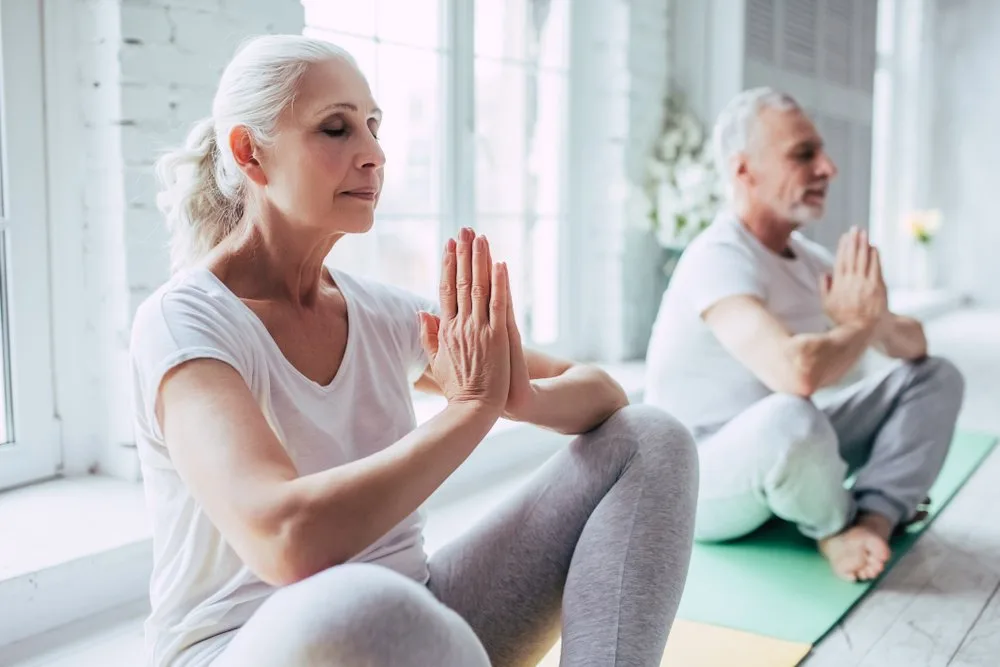As much as we want to stay young forever, aging is a fact of life. And as we age, we begin to experience things we had never experienced before – we wake up with stiff joints, we feel a lack of energy and are lethargic at odd hours, and we see the changes wrought by time on our own faces. If only we could live longer and feel better in the process as well! But while our genes do play a role in our longevity and even the way we look as we age, we can control various lifestyle factors to improve our chances of living longer and healthier lives. But how do we live longer – and feel better, even as we age? Here are some key strategies. Longevity Live Paid Content.
Eat a healthy, natural diet
Eating a healthy, natural diet is one of the best things you can do for yourself and your health. Consume nutrient-dense foods, such as fruits, whole grains, vegetables, and lean proteins, and limit your intake of processed foods and foods high in fat. Avoid sugary snacks and drinks! Research has repeatedly shown that a good diet can prevent chronic diseases like heart disease, cancer, and stroke. It can also improve your cognitive function and contribute to your mental awareness and acuity, especially as you get older. And we all know that a healthy diet can help you maintain weight and keep you looking younger naturally.
Stay physically active
Physical activity is another key factor contributing to a healthy lifestyle, so get at least 30 minutes of moderate-intensity exercise several days a week – including biking, brisk walking, or swimming. Strength training exercises, such as weightlifting, are also good, as they maintain muscle mass and bone density as you age. Regular exercise can also prevent chronic diseases such as type 2 diabetes, heart disease, and some cancers. Exercise has also been known to improve cognitive function and sleep quality, as confirmed by medical professionals from Anytimedoctor.co.uk.
Practice good hygiene
This may surprise you, but practicing good hygiene, such as covering your mouth when you cough or sneeze or washing your hands frequently, is important. As we all know, the importance of practicing good hygiene was emphasized by the recent pandemic, and with good hygiene, you can prevent the spread of germs and protect yourself (and others) from illness.

Photo by Anna Shvets from Pexels
Get enough sleep
Sleep is essential for your overall health and well-being, and as an adult, you should have at least seven to nine hours of sleep each night. When you suffer from poor sleep – whether it’s the duration or quality – you can increase your risk of developing a chronic disease such as diabetes or heart disease. You can also experience cognitive decline and mental health issues. Establish a consistent routine for sleeping and avoid distractions before going to bed. Create a comfortable environment for sleeping to help improve the quality of your sleep.
Learn to manage stress and establish social connections
Chronic stress can negatively affect your physical and mental health, so find healthy ways to manage stress. This can include meditation, exercise, or spending time in nature. Establishing social connections is also important for your mental and emotional well-being, so maintain relationships with friends and family, join clubs, and volunteer. Studies have shown that loneliness and social isolation are linked to a risk of developing diseases such as cognitive decline and heart disease – so most of all, live a life of gratitude and have the best attitude.



![women [longevity live]](https://longevitylive.com/wp-content/uploads/2020/01/photo-of-women-walking-down-the-street-1116984-100x100.jpg)










